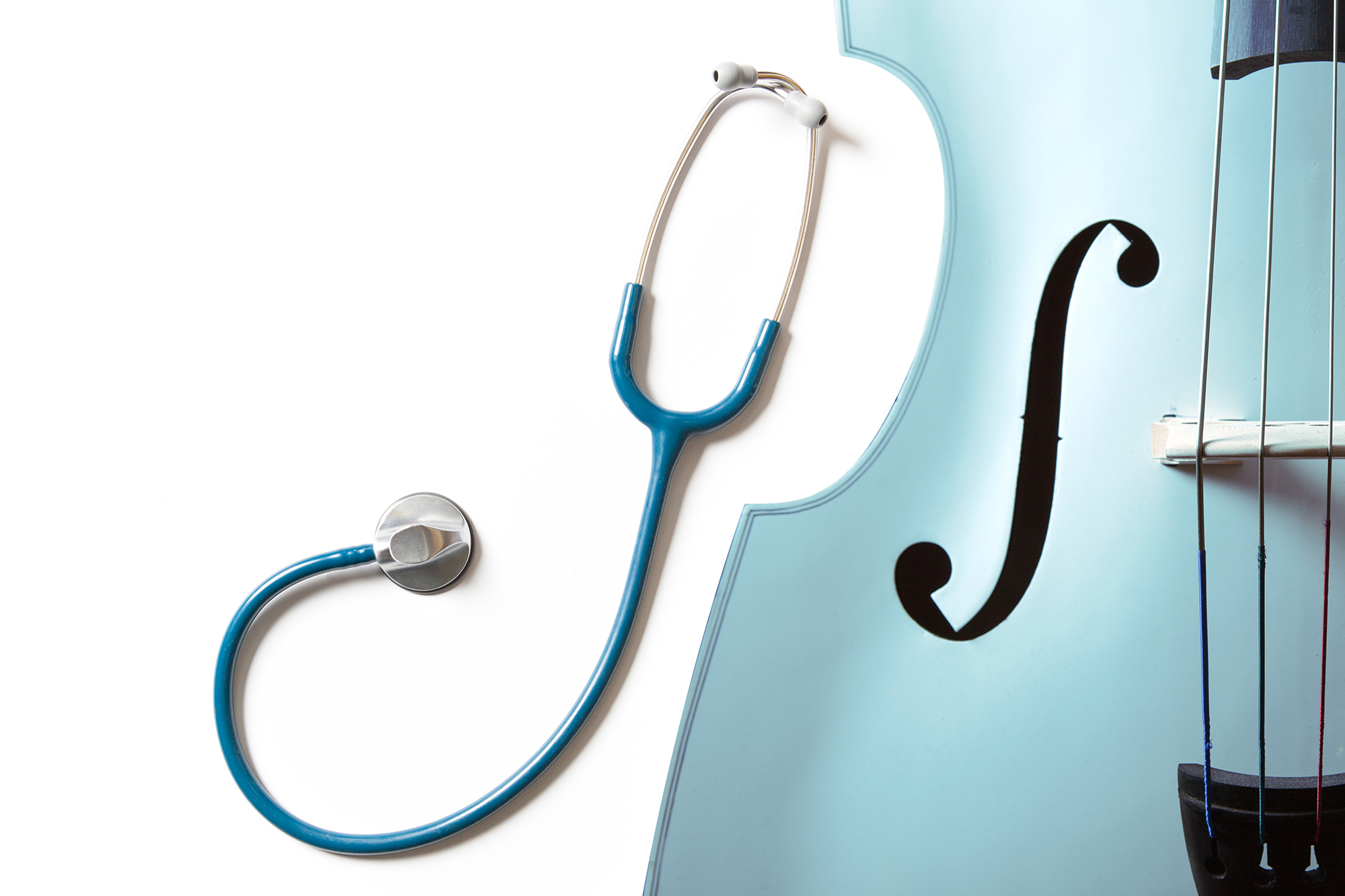“Music is a moral law. It gives soul to the universe, wings to the mind, flight to the imagination, and charm and gaiety to life and to everything.”
~Plato
George Moran, 39, a music teacher in Long Valley, N.J. had his heart stopped for 90 minutes, placing him on a heart-lung machine. He was having a cardiac valve repair at Morristown Memorial Hospital. When he came out of surgery, the tubes in him made it difficult to breathe.
While in the recovery room, Moran heard a woman playing a beautiful harp. The harpist’s gentle arpeggios, according to researchers studying music’s effects in recovery, may have helped regulate his heart rate, breathing, and blood pressure. He reported that the music had calmed his body and stopped him from thinking about what was going on. He felt more relaxed and rested.
Healing Music Therapy
Hospitals around the country are using music therapy to ease a patient’s pain, lower blood pressure, and reduce anxiety and depression. Music also helps patients heal faster. A 2007 survey of U.S. health facilities by the Society for the Arts in Healthcare, along with the Joint Commission and Americans for the Arts, found that of 1,923 healthcare facilities, 35 percent offered music, of some type, to patients. Hospitals are becoming more aware of the healing benefits of music therapy, as outlined in a USA Today 2008 article:
- Severe stroke patients admitted to a hospital in Helsinki, Finland listened to recorded music for at least an hour a day. They recovered their verbal memory faster and experienced less depression. This compared to those who listened to audiobooks or nothing (Journal Brain, March 2008).
- Premature babies who listened to two hours of Mozart each week had a lower heart rate and slept better, according to researchers at New York-Presbyterian Hospital/Weill Cornell Medical Center in New York.
- Terminally ill patients in Australia had less anxiety, pain, and drowsiness after having a single music therapy session compared to those who did not listen to music (Journal of Palliative Medicine, May 2008).
Other studies have shown music therapy beneficial for autism, learning disabilities, dementia, and pain management during labor and birth.
Music is Good for Our Soul
When we listen to music we love, it resonates deep inside us. Certain melodies spark our wellbeing, creativity, and sense of adventure. Our problems, worries, and fears lessen when we hear a favorite song. And whatever musical tastes we have—jazz, R&B, rock, classical or a combination—when we find it, it can help transform our mood from melancholy to elation. One minute we feel hopeless, then an inspiring tune comes on the radio, and we feel motivated again. When we feel anxious or are having a bad day, a melody or lyric can soothe and revive us. That’s the power of music, a friend who energizes and consoles.
Music also unites us in a powerful way. More than 400,000 people attended the Woodstock Music Festival in 1969 to peacefully enjoy three days of music. We see it at concerts where crowds roar with excitement over a favorite band. At that moment, the audience is one in their mutual experience of delight.
In Conclusion
Certain songs can stir up past love affairs, happy and sad memories and mark generations, like John Lennon’s Imagine of 1971. No other form of creativity has the lasting power of music because it universally speaks to us. We can feel healed, inspired and united with others. Music can make us shout, dance with abandon and sing like stars. So not only does music help heal us physically but it can also boost our happiness. As French Poet Victor Hugo said, “Music expresses that which cannot be said and on which it is impossible to be silent.”
How does music you like make you feel?







Leave a Reply